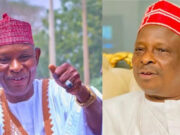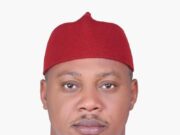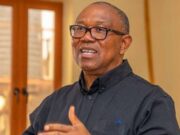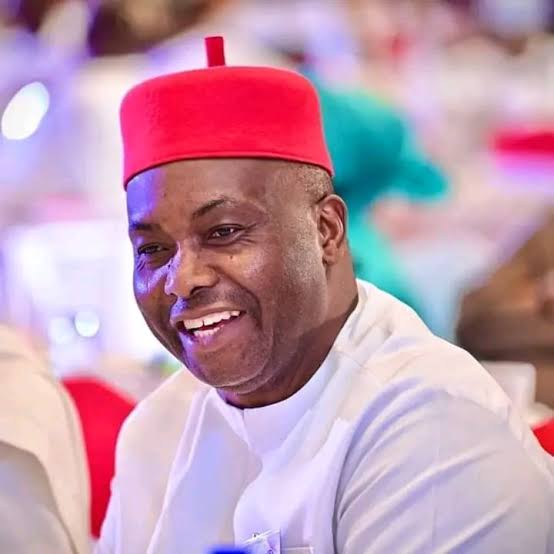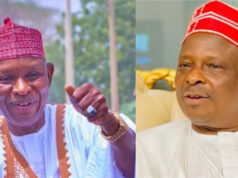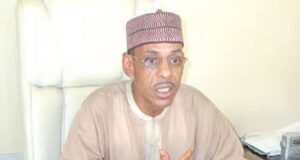
To externalize his seething inner vision of a new Anambra State, Eastern Nigeria’s heartbeat, Senator Patrick Ifeanyi Ubah has signaled his intention to contest the state’s 2025 governorship election, writes Louis Achi
Driven by a relentless passion, not unlike Beethoven, Senator Patrick Ifeanyi Ubah has scaled up his alluring political symphony on the delicate keyboards of Anambra State. His proclaimed mission is simple: assume executive democratic leadership of Eastern Nigeria’s political-industrial center of gravity and launch it into its destined orbit. And from that perch, boldly redirect the stumbling trajectory of the entire region.

As it were, almost after thirty-three odd years of statehood, one curious fact stands out like a sore thumb – Anambra State, created on August 27 1991 – remains a land of promise. Indisputably, it has the potential industrial capacity to fire up the entire region and saturate West Africa.
But without that mysterious chemistry of visionary leadership, the inherent promises, unfortunately for this state, are yet to be unlocked. Peter Obi’s challenging, half magical governance interregnum remains the notable exception.
 Advertorial
Advertorial
Successive observers have asked again – do the leaders of this land of promise have the interest of their people at heart? Various statistics have sharply dramatized the dismal governance lot of the state. Besides the fairly valid excuses of marginalization by the central government, many believe, validly too, that transformational leadership at the state level could turbocharge wide-ranging development and change the narrative.
 Advertorial
Advertorial
It is against this troubling backdrop that billionaire entrepreneur and notable philanthropist, Senator Ifeanyi Ubah, representing Anambra South Senatorial District, enters the fray and appeals for the support of the people as he kicks off his 2025 governorship bid.
Ubah contested the 2021 Anambra governorship election in a contest won by Chukwuma Soludo, former governor of the Central Bank of Nigeria (CBN).
 Advertorial
Advertorial
According to Senator Ubah, “All I ask for is a single term of four years.
At the moment, I rate governance in Anambra State for the past 18 years at 20 percent. I will bring 80 percent content that has never been discussed in governance.
“I have a burning desire to contest the next governorship election in Anambra State because this government and those before it have not been able to put the state in the development trajectory that our people desire.
 Advertorial
Advertorial
“We need to create support for our commerce; we have to develop our sector to make it a hub for health tourists and accelerate community development through local government elections.
“It is time we vote for people with passion, people with a track record. That is what I represent. I am prepared to change the narrative, and that is why my manifesto has remained the same from 2013 till date.”
 Advertorial
Advertorial
Senator Ubah expressed these positions days after he slammed Governor Soludo for suspending the traditional ruler who conferred a chieftaincy title on him (Ubah).
It could be recalled that on January 9, Governor Soludo suspended Igwe Damian Ezeani, a traditional ruler of the Neni Community, for conferring a chieftaincy title of Odenjinji on Senator Ubah “without obtaining the permission of the traditional ruler of Nnewi Kingdom, where Ifeanyi Ubah hails from, or the ministry of local government, chieftaincy and community affairs”. The governor wisely reversed himself a few days later.
 Advertorial
Advertorial
An obviously miffed Ubah had described Governor Soludo’s suspension of the monarch as “a game of politics” stressing the governor’s action was connected to his interest in the 2025 governorship race in the state. “The governor is frustrated by my acceptance and popularity; he is jittery about the next governorship election, but I leave him to his conscience,” Ubah told the media.
Senator Ubah then provides some compelling insight into his vision of good governance recently. Hear him: “In the arena of politics, the world over, governance, actually good governance is central to human development and social progression. The opposite leads to regression and socio-political stagnation.
 Advertorial
Advertorial
“Good governance has eight major characteristics. It is participatory, consensus oriented, accountable, transparent, responsive, effective and efficient, equitable and inclusive and follows the rule of law.
“It assures that corruption is minimized, the views of minorities are taken into account and that the voices of the most vulnerable in society are heard in decision-making. It is also responsive to the present and future needs of society. Deficits in these areas spark conflict and set back human development.
 Advertorial
Advertorial
“More specifically, poor governance is characterized by arbitrary policy making, unaccountable bureaucracies, unenforced or unjust legal systems, the abuse of executive power, a civil society unengaged in public life, and widespread corruption. These deficits are the reasons for our developmental woes. In all political projects I have championed I have always emphasized these.”
Senator Ubah, philanthropist par excellence, fondly called “Ebube Chukwu Uzo,” has business interests traversing oil & gas, jetty development, bonded terminal, truck park facilities, media, sports development, construction, telecommunication, real estate and general merchandise. He is a disciplined player whose unassuming, humble mien hides an inner steel that has enabled him conquer tough business engagements and sterner political challenges.

Undoubtedly since entering the political fray over a decade ago, Senator Ubah has grown in stature and matured. His positions on weighty state and national issues shore up this perception. He has spoken and proffered informed views on diverse subject matters and many other themes.
According to him, Anambra State has a rich intellectual and entrepreneurial presence in many parts of the world which could be tapped into for external inflow of investment and promises to run a government that would not rely on federal allocation or on revenue from petty traders or truck pushers who are struggling to survive.
 Advertorial
Advertorial
His words: “I will run Anambra as a mini nation inside a nation. I am talking about a governance model that 80 per cent of the content has not been discussed anywhere. It is not rocket science. We have Anambra communities in many major cities of the world, and we can formalise bilateral relationships with these cities by having state representatives there.
“We will have a global image that will make mayors of major cities our friends and want to have investment interest in Anambra. Anambra has the network of human resources we can leverage on. Our development will be data-driven and anybody anywhere can get information about Anambra because we will use the media and ICT to put it on the global map.”

The Nnewi-born billionaire further told opponents that he has the influence and ingenuity to transform the infrastructures and lives of the Anambra people without inflicting pain on them and urged Anambra citizens not to judge every politician with the kind of leadership they have had over the years.
Still providing more insight into his governance gameplan if elected, he revealed he would empower people such that it would not be attractive for youths to engage in crime and that he would deploy technology to combat insecurity if given the opportunity.
 Advertorial
Advertorial
Hear him: “We have a working system in Nnewi and I can replicate it in Anambra. We still conduct marriages in Abuja, Lagos and other areas outside Anambra because of insecurity. I have street wisdom, I live with the people, and my investments are everywhere for people to see. I created wealth and empowered people as a private person, I want to impact society on a larger scale.”
Against this backdrop, the emerging consensus is that incumbent governor, Prof Chukwuma Soludo’s quest to be returned by Anambra people for a second term as election holds later in 2025 is indeed a challenging project.
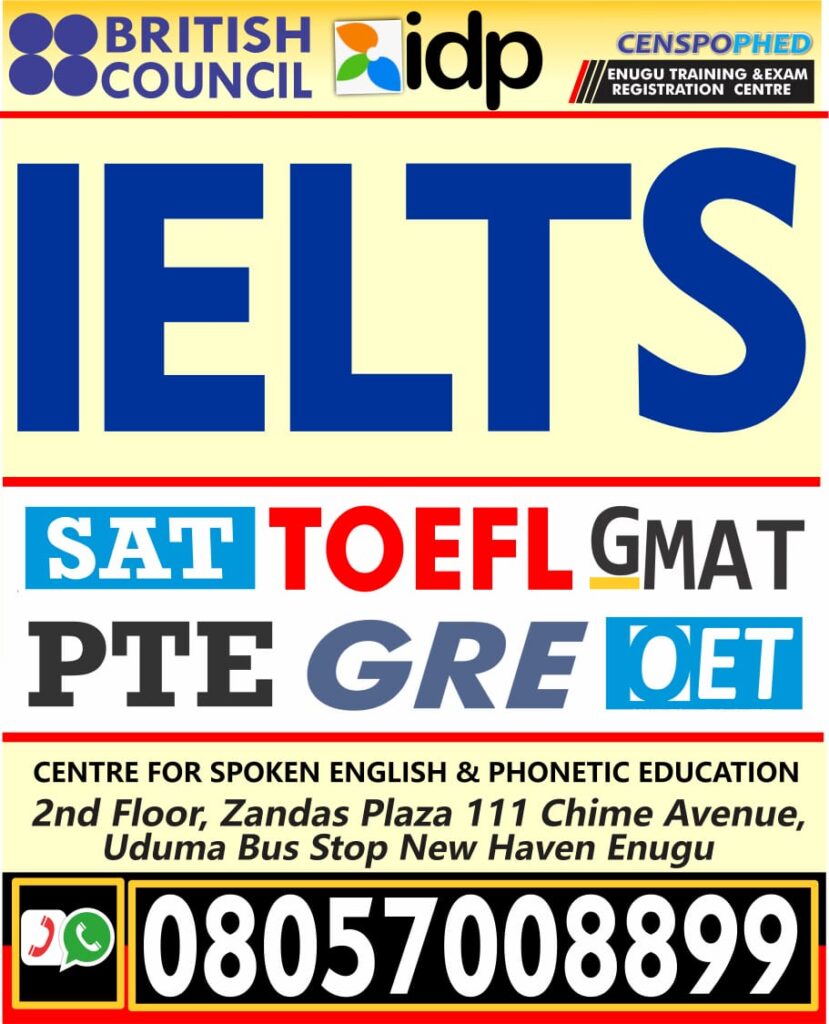
Political observers have identified potential hurdles facing Soludo which flow from several consequential, unforced errors he is believed to have made. Part of the forces that make or mar political ambitions in the state include both religion and the traditional institution.
Since birthing of the Fourth Republic, in 1999, the church – religious politics – in Anambra State has played significant roles in the emergence of governors. The Roman Catholic and Anglican churches take the center stage here. The second factor is the traditional institution. Soludo is seen to have curiously rubbed both in the wrong places – wittingly or otherwise.

A third factor is that Senator Ubah’s movement to the ruling All Progressives Congress, APC, positions him strongly as the foremost challenger to Governor Soludo. While APC’s entry into the region through Ebonyi State is seen as tenuous, top party hierarchs see Anambra as a top catch. Unfolding political events in both Rivers and Kano States are perceived as key indicators of APC’s nifty game-plan even as the swashbuckling “Obidients” of the Labour Party plot their fightback in the state.
Many believe that Senator Ubah, a known grassroots politician, who equally has deep pockets has his political task neatly cut out for him. As the Ifeanyi Ubah scenario takes concrete form ahead of the gubernatorial battle later next year, there is a palpable feeling that Ebube Chukwu Uzo’s time is finally here.



